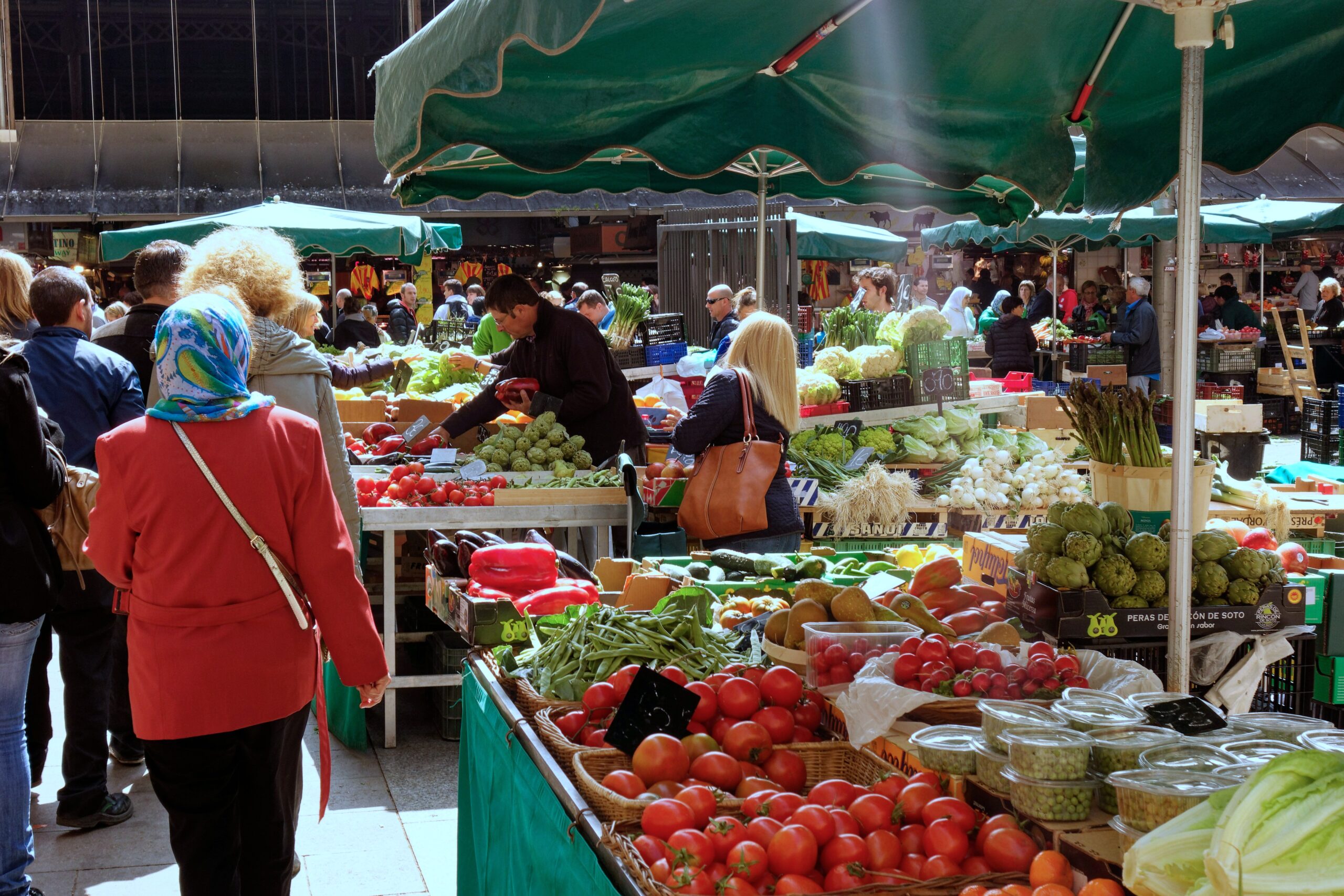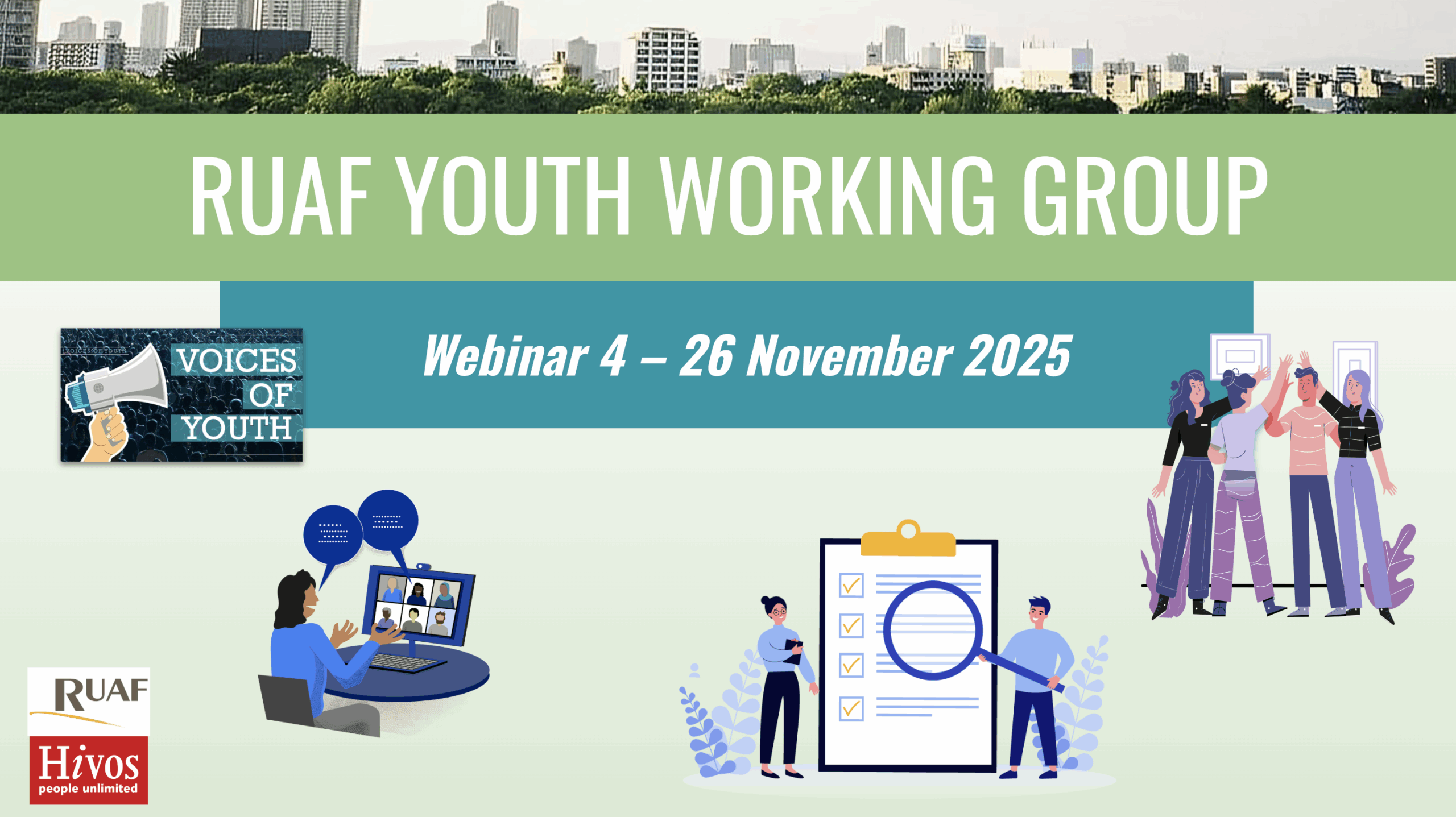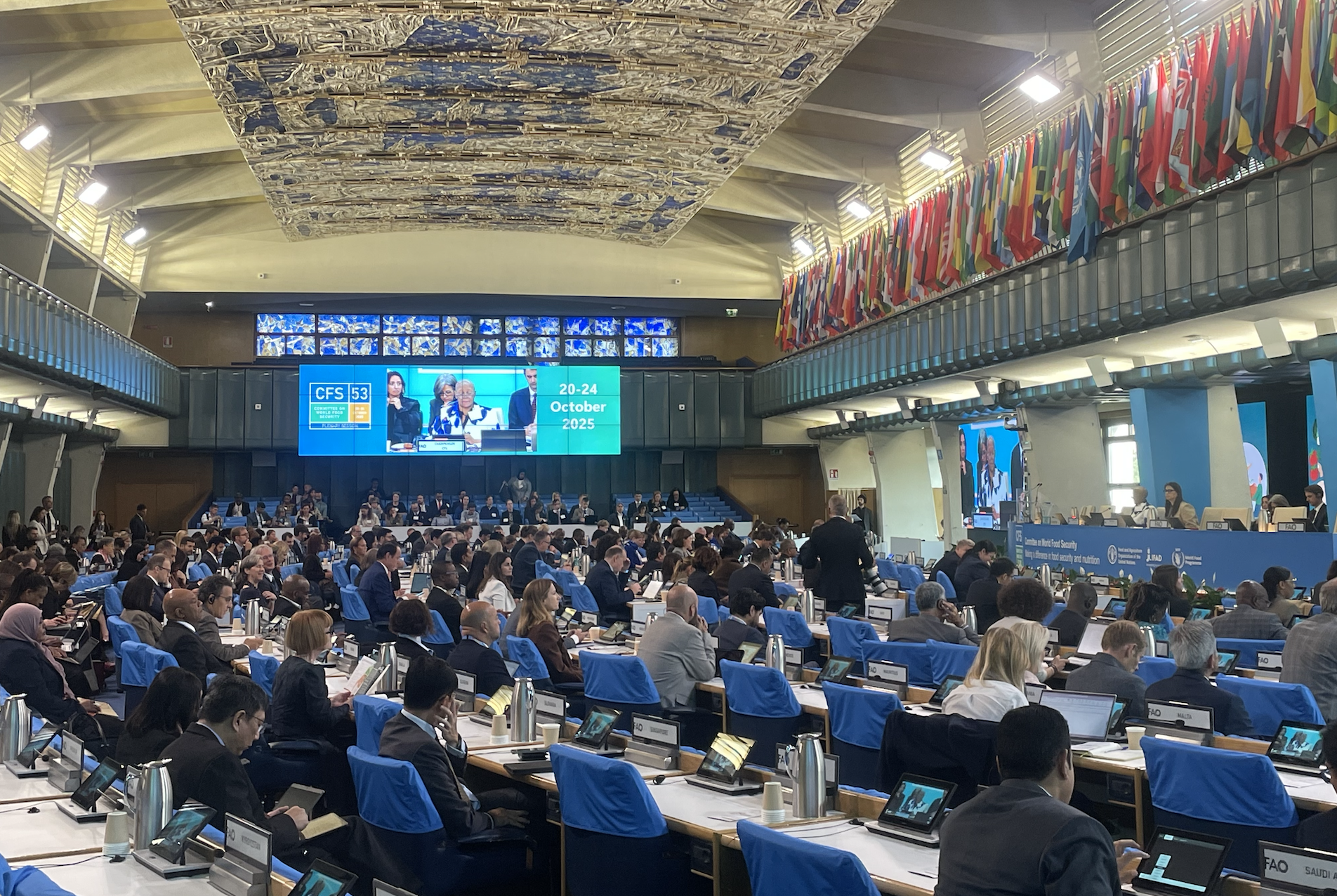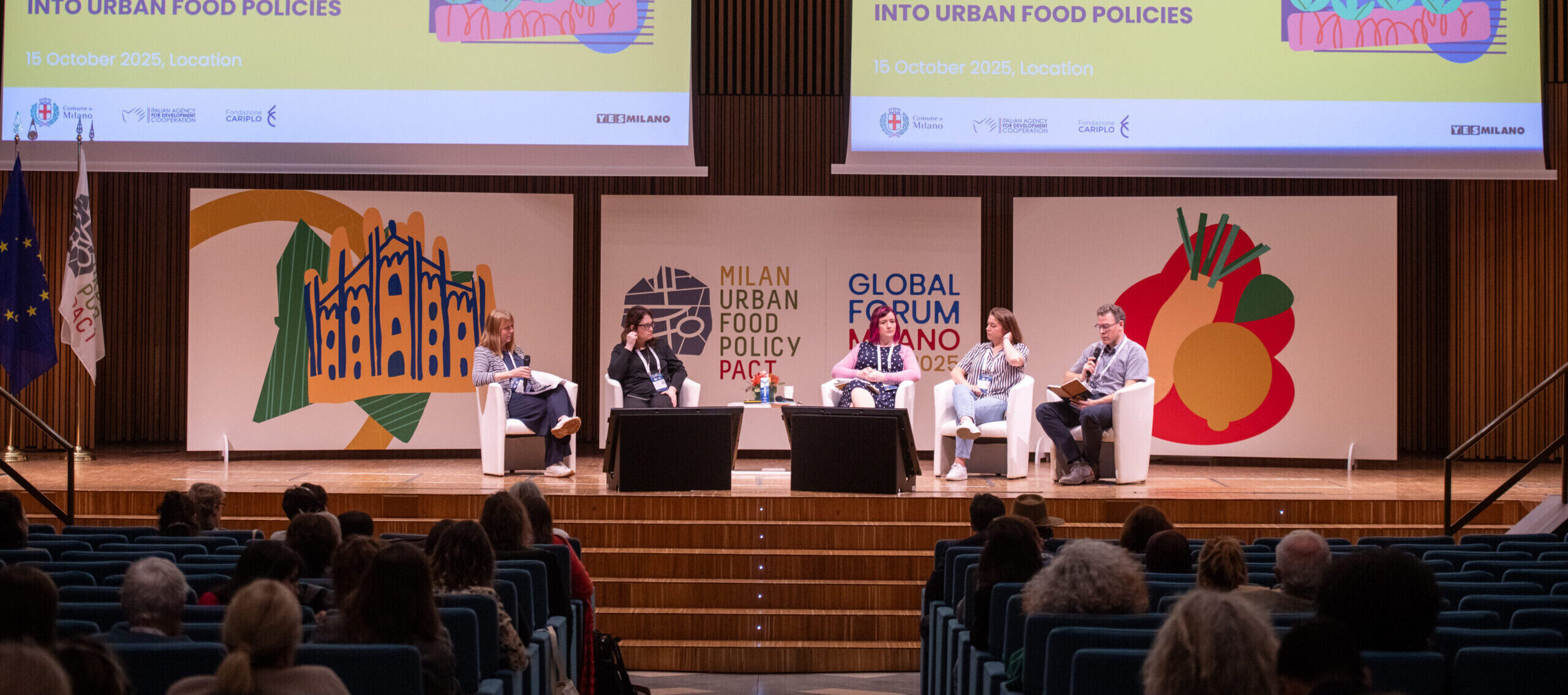In collaboration with RMAe and the Milan Urban Food Policy Pact (MUFPP), RUAF has developed a new tool to support cities in aligning urban food policy actions with climate mitigation and adaptation goals. The result is Integrating Mitigation and Adaptation into Urban Food Policies—a practical, adaptable set of recommendations that enhances the MUFPP’s capacity to deliver climate-resilient, inclusive, and sustainable food systems.
Urban food systems significantly impact climate change through greenhouse gas emissions, resource consumption, and environmental effects. Cities are vulnerable to climate-related disruptions, including extreme weather, water shortages, and biodiversity loss, which can compromise food security and public health. Strengthening the link between climate and food policies is therefore critical.
Launched in February 2025, the tool is grounded in extensive desk research and draws heavily from the Barcelona Challenge for Good Food and Climate (BCGFC), as well as other key frameworks such as:
- The City Region Food System Resilience Framework
- The Sustainable Food Cities Report
- The Hivos Urban Futures Theory of Change
- The UN Sustainable Development Goals (SDGs)
The recommendations were refined through extensive stakeholder engagement, including a survey conducted in summer 2024 across MUFPP signatory cities, targeted outreach to key partners, and input from three Spanish cities engaged in the BCGFC initiative. The outreach provided important feedback on clarity, feasibility, governance coordination, and sustainability focus, helping refine the recommendations to ensure maximum flexibility and usability.
Note: This tool is not intended to replace the MUFPP framework. It is a voluntary set of additional recommendations that cities can choose from and adapt to their local regulatory, economic, and environmental contexts.
Tool structure
The tool is organized into two main tables of recommendations, structured around the six thematic areas of the MUFPP Framework of Action:
- Governance
- Sustainable Diets & Nutrition
- Social & Economic Equity
- Food Production
- Food Supply & Distribution
- Food Waste
Table 1: Presents adapted MUFPP actions and indicators, revised to better reflect climate alignment.
Table 2: Introduces newly recommended actions, developed to fill identified gaps around climate resilience and long-term sustainability that are not addressed in the original MUFPP declaration.
Moving forward
Cities are encouraged to use this document as a resource for inspiration and strategic planning, selecting and adapting actions and indicators to match their specific needs, challenges, and opportunities.
Download the full PDF here.
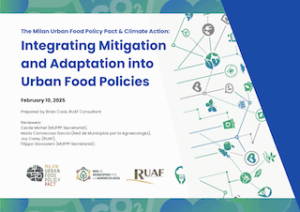
Watch the webinar launch recording here.

